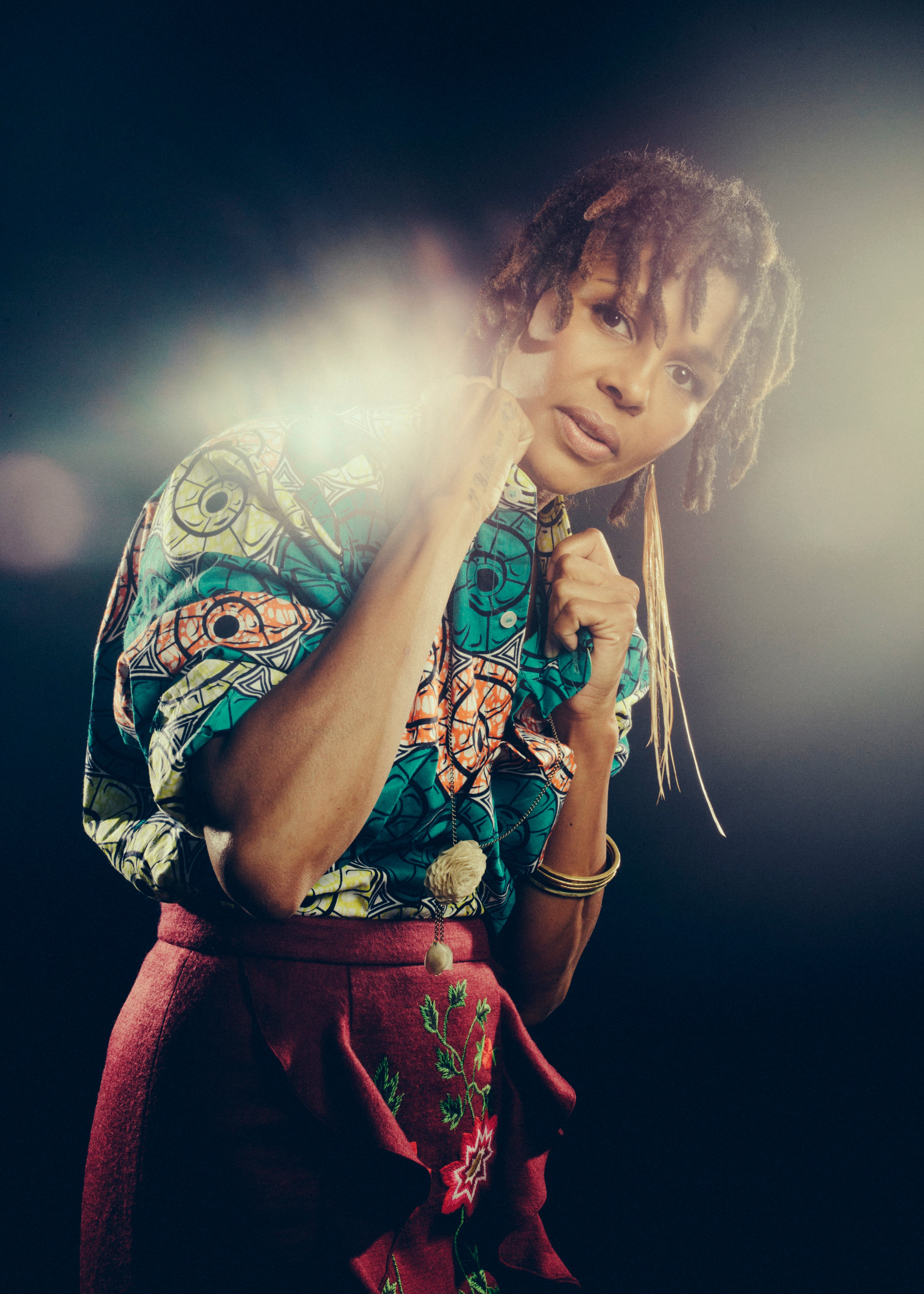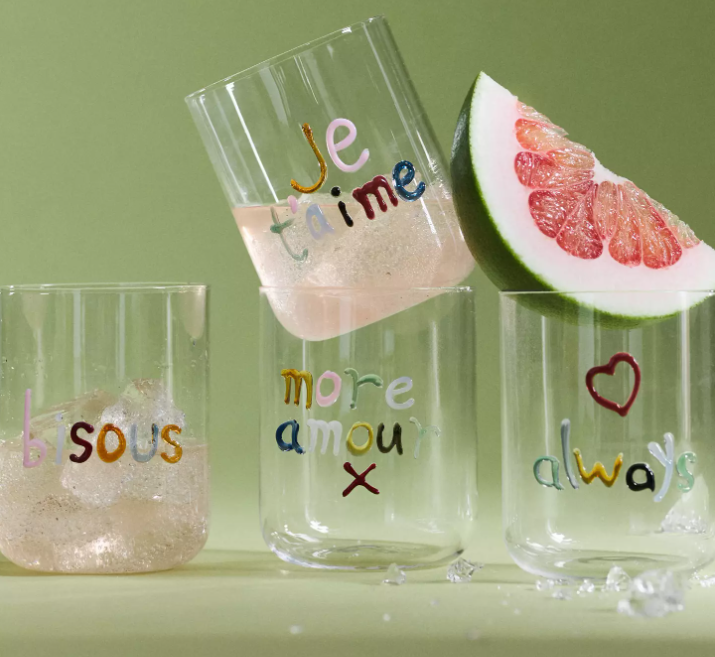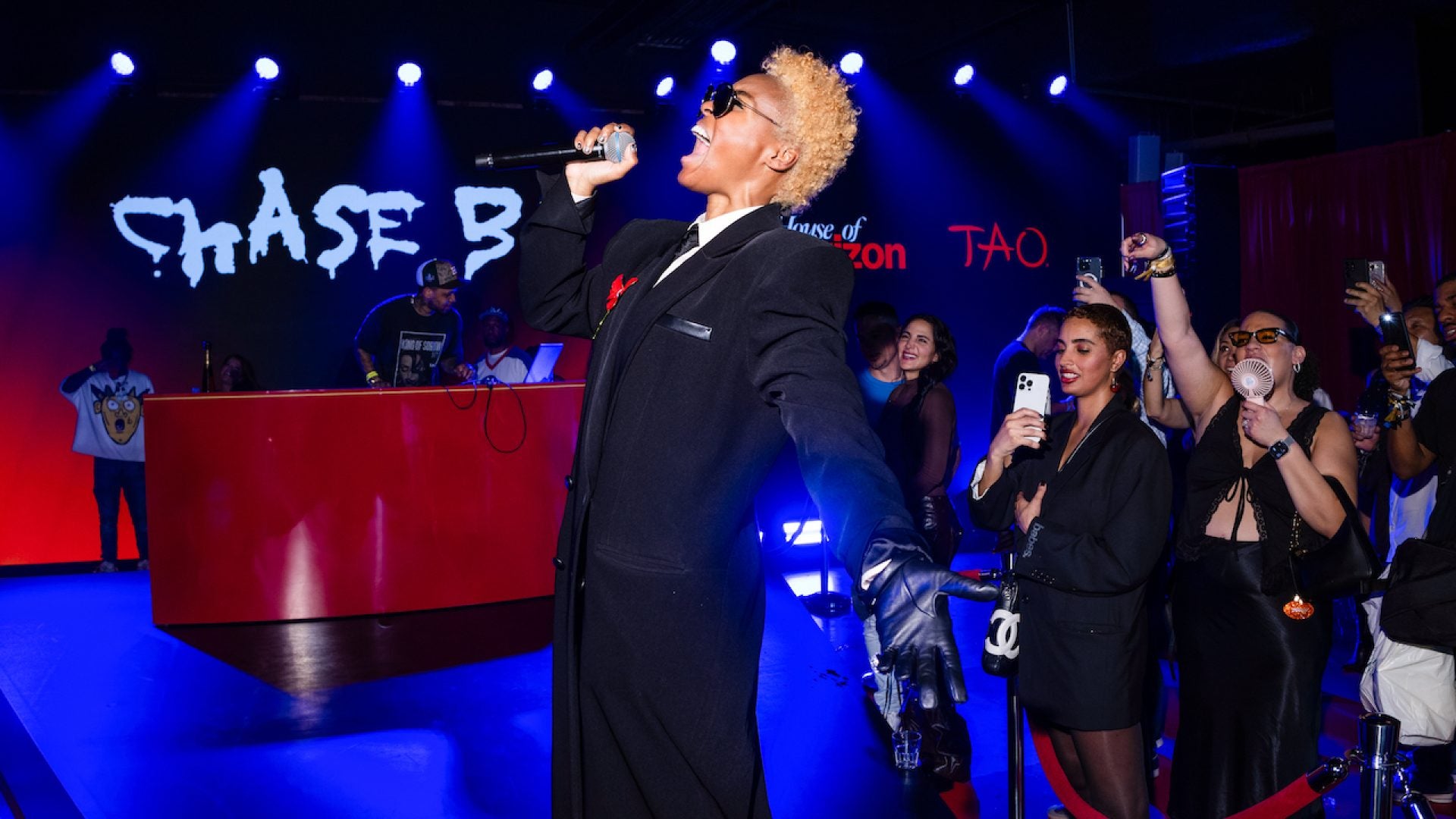
Anyone attempting to prove the redemptive power of music needs to look no further than the Nigerian chanteuse, Ayọ.
The 37-year-old soul singer defied the odds life stacked against her, releasing Joyful, Gravity at Last, Billie-Eve and Ticket to the World on major labels before going independent with her first album in four years, the self-titled Ayọ.
Born Joy Olasunmibo Ogunmakin in Frenchen (a small town in western Germany), Ayọ lived only briefly in Nigeria as a child. As the daughter of a Nigerian DJ and a Romani gypsy, adversity entered her life early. When she was six, her mother became addicted to heroin and was briefly jailed. Following her parents’ divorce, she spent periods of time in and out of Germany’s foster care system, seeking solace by learning both the piano and guitar.
At 14 Ayọ moved in with her father and it was here she began to face the traumas of her childhood, particularly she and her mother’s relationship. She wrote her first song at age 15.
Despite her stressful upbringing, Ayọ pursued her dream to record music and moved to London at 21 and where she performed with local English soul singers like Omar. Channeling her mother’s same gypsy spirit, she relocated to Paris, where she was discovered performing at a nightclub by a record executive. She also gave birth to her first child, Nile, before relocating to New York City to record her first album. Ayọ then dropped her bags in the Bahamas two years later to craft the follow-up, Gravity at Last. Both records were recorded in only five days’ time, a sign of her music’s raw immediacy.
Facing Nigerian neo-soul competition from the likes of Nneka and Asa, she still remains in her own lane with the uplifting Ayọ. Though born with gypsy roots, the now Brooklyn-based Ayọ isn’t going anywhere anytime soon.
ESSENCE: There’s a perception that European audiences are more receptive to artists taking chances musically. What’s the difference between European audiences and American audiences?
Ayọ: There is no real difference. When it comes to music, the only difference that you really find is in the actual market, the industry itself. That’s something you notice when you’re in the country and you’re listening to the radio. That’s when you understand, I wouldn’t say [what the]collective taste is, but more like maybe [what the] state of mind is.
When you go to Europe and listen to the radio, especially in France, sometimes you hear a lot of music that is way more artistic, and some people wouldn’t necessarily even understand it in America. When it comes to playing a concert, I don’t feel a difference. We’re all connected through emotions, no matter where you’re from.
ESSENCE: Early in your career you opened for Omar and Cody Chesnutt, so you have this connection to America’s neo-soul movement. But you’ve also got ties to Nigeria and Germany. What musical movements do you love from those countries?
Ayọ: Growing up in Germany, my dad was a DJ in the ’70s and he had a huge vinyl collection. We were always listening to music at home. My father would play a lot of Fela, a lot of King Sunny Adé and reggae music. We were listening to Bob Marley, Toots and the Maytals. Jimmy Cliff was one of my dad’s favorite singers, and Dennis Brown. I was never really too much into German music because that’s not what we were listening to at home.
There was a time where I was listening to French hip-hop. I liked IAM, and Joey Starr from NTM. My favorite group was Saïan Supa Crew. At that time when I was listening to them, I did not know the day would come where we would actually become real good friends. I really enjoyed the flow, the freshness of the French rap. Then of course MC Solaar, when he did the song with Missy Elliott [“All n My Grill”]. I really enjoyed that because it was like a new blend, a sign that music doesn’t have boundaries.
ESSENCE: Did going independent after leaving major record labels behind free up your creativity somehow?
Ayọ: It didn’t really change much with my music. When I got signed to Universal, I was lucky that the person who signed me was one of the few who really loves music. He actually came from jazz, so I was very lucky that I didn’t have to deal with any compromising, trying to create pop songs that would be turned into hit songs played on the radio all the time. That’s not the reason why I play music, that has never been my aim. The way I came to writing music and singing songs was more pure, therapeutic, something I had to do to become a better person and function in the world we’re living in.
Let’s face it: there’s so much talent in this world that being able to work with a record deal for such a long time, for so many years, was almost like winning a lottery. That’s how lucky you’ve gotta be. When I look at the industry, it saddens me sometimes. Listen to the radio. Sometimes I wonder, “how did they get the record deal?” But then I’m like, of course. If you look at everything going on in this world right now, everything is becoming very visual.







It’s like you have to look a certain way, and unfortunately, you have to sound a certain way as well. Not only for Europe but in America, listening to the radio is almost like you don’t know what they’re playing anymore. Everything sounds the same to me.






